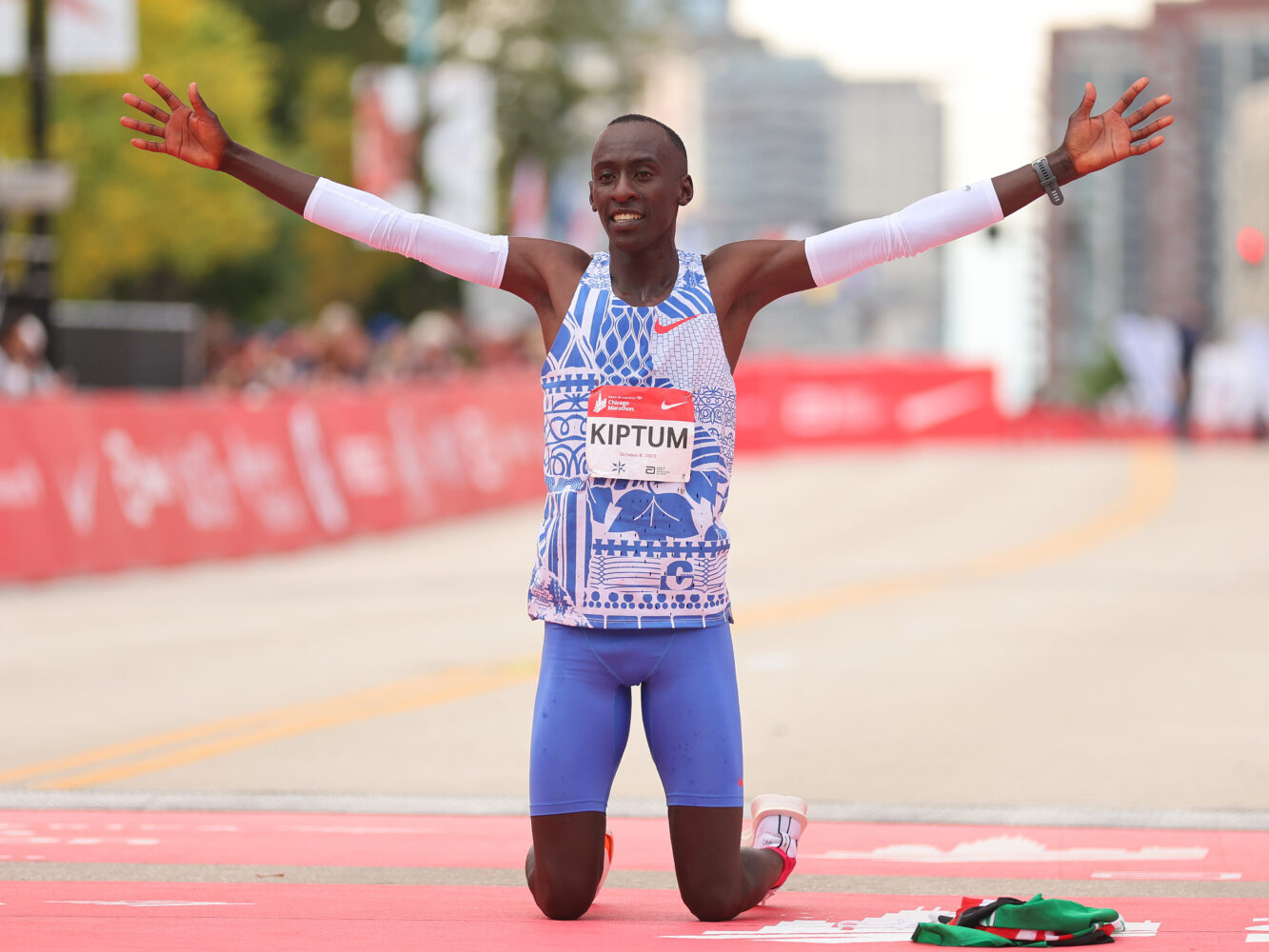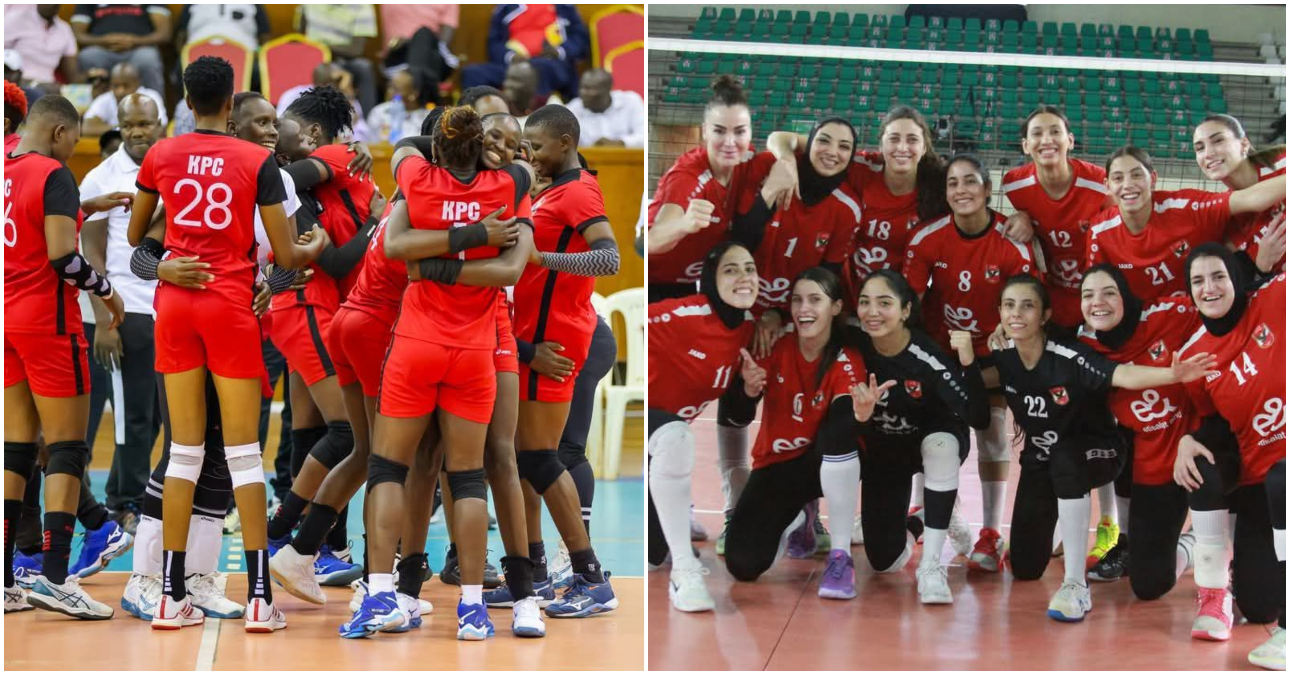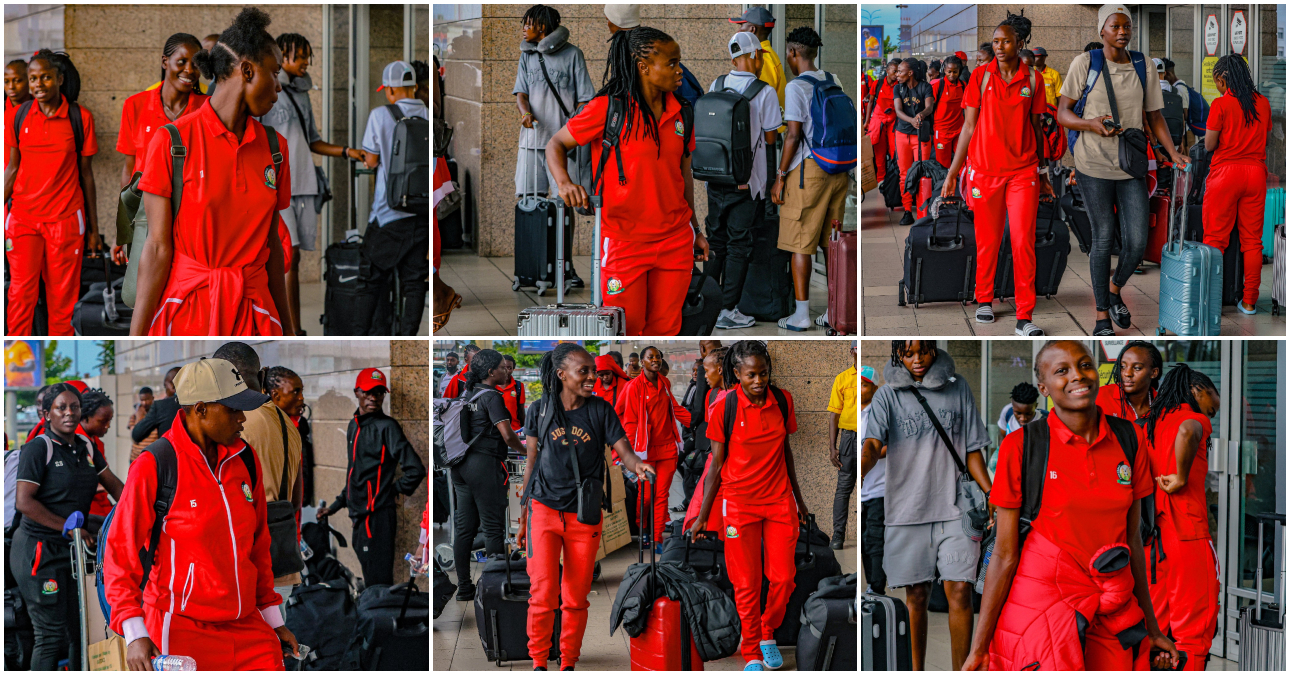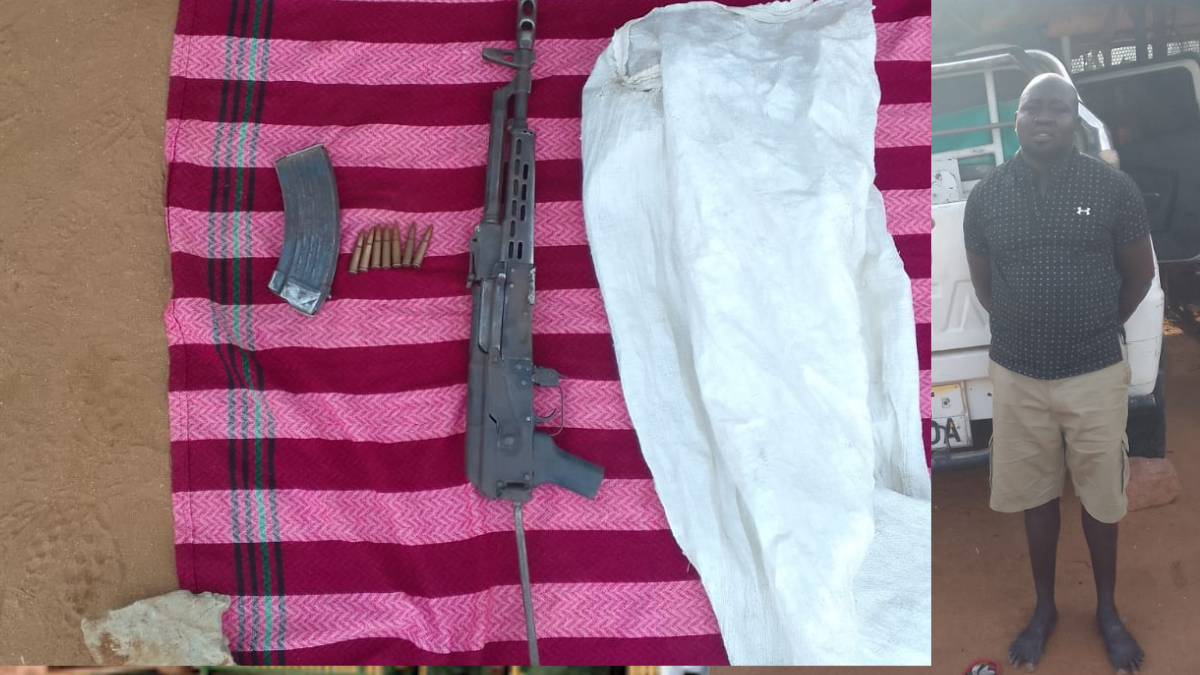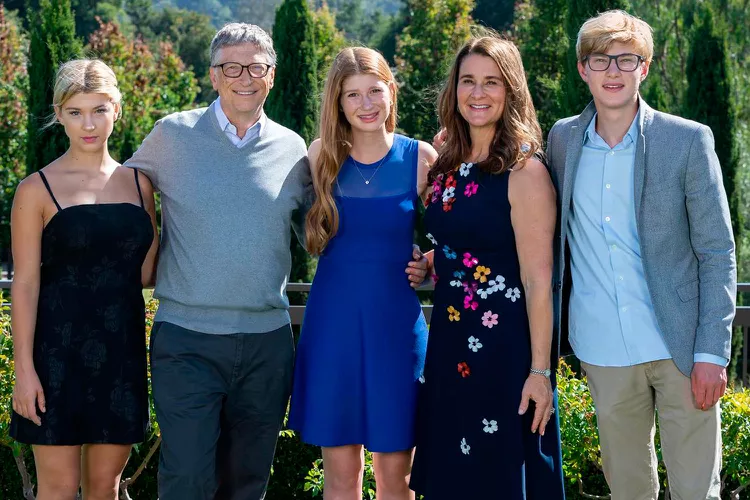Kelvin Kiptum’s story is a bittersweet narrative of triumph, tragedy, and the often unseen struggles of those left behind.
The marathoner, who held the hopes and dreams of his parents, Mzee Samson Cheruiyot and his wife, met an untimely death in a road accident, leaving his family to grapple not only with grief but with a new reality that underscores the challenges they face without him.
In a recently surfaced video, Cheruiyot openly expresses the quiet but painful struggles he and his wife have endured since their son’s passing.
His words hint at a struggle with not just emotional loss but economic difficulties that have taken a toll on the couple, both materially and psychologically.
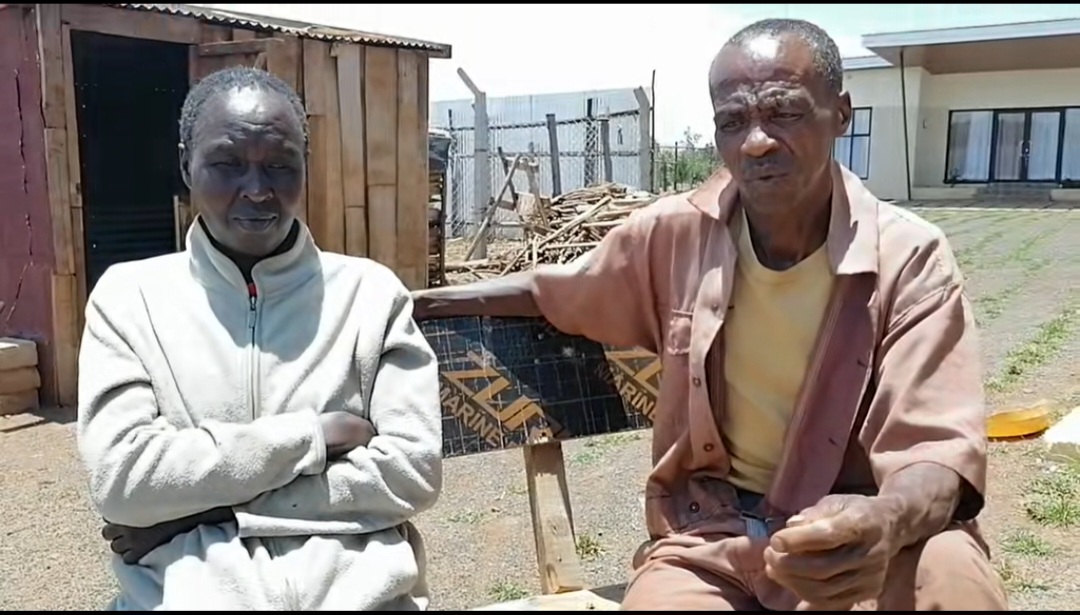
Cheruiyot shared that he and his wife had long wanted to speak about their plight, yet they were advised against airing their grievances publicly.
“I am Kelvin Kiptum’s father, and I am here with his mother. What we want to say to Kenyans is a simple request.
The situation we are in would be better expressed than kept silent, because we had tried to reach out to people on social media, but it was blocked.
However, we wonder if we are suffering; wouldn’t it be better if we just said it?” he asked.
“First, when our child passed away, we never imagined we would face such hardship.
Even now, we are struggling. We don’t have a toilet, and whenever someone visits, we worry about how they will manage. Secondly, our maize is ready in the fields, but we’re uncertain where we will store it when it’s time to harvest.
Lastly, drinking water is a constant challenge. We have to pay for a tractor to deliver water, and this has become an enormous burden.
We kindly appeal to my late son’s friends please come and see what we are going through, because these struggles are overwhelming,” Cheruiyot added.
Kiptum’s mother, in her grief, reflected on what her son might feel if he were to see their current hardships.
She described a feeling of betrayal—how the support promised in the aftermath of their son’s death has perhaps not been as fulfilling as hoped.
“Truly, we have faced many challenges. Even now, when I am in the kitchen during the rainy season, water seeps through.
I have cried so much, yet if my son, World Champion Kiptum, were here to see the kitchen, he would be shocked and wonder if it really belonged to his parents or someone else.
We have truly suffered. You know, Kiptum was our only child, the one we relied on. He took care of us.” Kiptum’s mother said.
Her lament paints a picture of a mother’s heartbreak as she imagines her son’s disappointment, highlighting her belief that Kiptum, if alive, would have done all he could to ease their burdens.
Kiptum who died at the age of 24 was his parents’ only child, a beacon of hope and pride.
His achievements, both as a son and a celebrated athlete, gave them a sense of security that few others could replace.
After his passing, the government took steps to honor his legacy and ease his family’s transition, building a house for his widow, Asenath Rotich, and his parents.
While the gesture was significant, Cheruiyot hinted that this material support may not have addressed the full scope of their needs.
He acknowledged the house as a respectful homage to his son’s legacy, yet he hinted that ongoing struggles have left them in need of more holistic support, whether financial or emotional, to sustain them.


